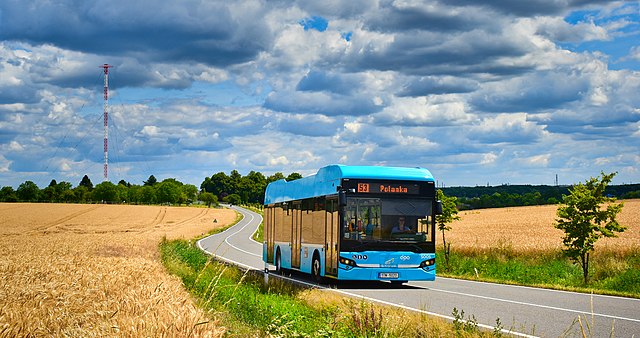Main Content
New Project „Strong through Open Innovation Regions“

The promotion of innovation is a challenge for structurally weak regions – not necessarily because they lack the corresponding potential, but because the intellectual foundations for regional innovation policy are still strongly based on factors such as “critical mass” and “creative buzz”. They tend to be oriented towards economically strong, metropolitan regions and are thus poorly able to grasp the opportunities of economically weaker areas. A new research project at the IRS is now addressing this imbalance both conceptually and empirically. It designs a contemporary framework for regional innovation dynamics and policies and applies it to two northern German regions.
In September 2022, the project “Strong through Open Innovation Regions: Identifying innovation potential - avoiding lock-ins - expanding societal innovation capacity” (SOIR). The research project focuses on structurally weak regions that lack a critical mass of actors, institutions and a “creative buzz” to generate innovations from endogenous potential. It develops the basis for suitable innovation policies with a view to structurally weak regions, whereby it directs its conceptual focus on a systematic interlinking of regional conditions (regional innovation ecosystems) and supra-regional references (translocal innovation ecosystems). For this purpose, the innovation policy heuristic of the Open Region developed in the IRS is taken up and further developed into the approach of the Social Open Innovation Region (SOIR): The non-monetary, social value of innovations will be given greater consideration than is the case in previous innovation policy concepts. Furthermore, the focus will be on the actions of the regional actors and not on structures or “critical masses”. The project team led by Ralph Richter and Suntje Schmidt will collect qualitative case studies in two structurally weak regions, the district of Ludwigslust-Parchim in Mecklenburg-Vorpommern and the district of Nordfriesland in Schleswig-Holstein. In both regions, the team will work closely with practice partners to develop recommendations for action. The project is funded by the Federal Ministry of Education and Research (BMBF) and will run for three years.

